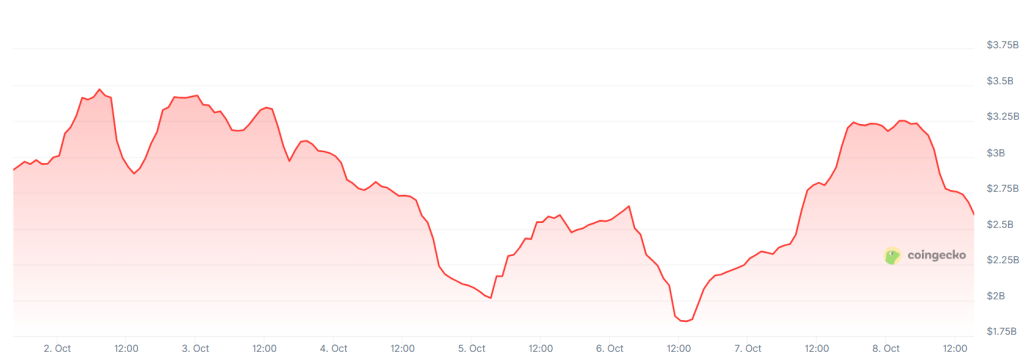Dunamu’s Naver Merger Faces 5 Significant Legal Hurdles
Dunamu, the operator of South Korea’s largest crypto exchange Upbit, is facing five significant legal hurdles in its proposed merger with tech giant Naver, according to a recent report. The merger, which could create a crypto-tech giant in the East Asian market, is being closely watched by the tech and crypto sectors. However, several issues stand in the way of the alliance, including tradfi regulations, stablecoin legislation uncertainty, conflict of interests, stock market setbacks, and questions about the governance structure.

Naver, South Korea’s largest and best-known Internet company, wants to merge its Naver Financial unit with Dunamu. However, this merger is facing several legal hurdles, including tradfi regulations that ban traditional financial firms from conducting crypto-related businesses. The Central Bank of Korea (BOK) has taken a cautious stance, insisting that only commercial banks or consortiums in which banks have majority ownership are allowed to issue stablecoins.
Tradfi Regulations: A Major Hurdle
In late 2017, South Korean regulators introduced a regulation that effectively bans traditional financial firms from conducting crypto-related businesses. Although they have never enshrined this in national law, financial industry guidelines still exclude the possibility of banks and other lenders offering crypto-related services. This regulation could prove to be a significant hurdle for the Naver-Dunamu merger, as Naver wants to merge its Naver Financial unit with Dunamu.

Uncertainty in Stablecoin Legislation
Domestic market observers believe that one of the main goals of a Naver-Dunamu merger is to issue won-denominated stablecoins and expand the payments ecosystem. However, despite President Lee Jae-myung’s intention to legalize KRW-pegged tokens, politicians and regulators continue to disagree on several key issues related to stablecoins. The Central Bank of Korea (BOK) has taken a cautious stance, insisting that only commercial banks or consortiums in which banks have majority ownership are allowed to issue stablecoins.

A Conflict of Interests?
If the Naver-Dunamu alliance issues a KRW-pegged stablecoin, it could be difficult for the new company to list this token on Upbit. The provisions of the Virtual Assets Act expressly prohibit exchanges from listing or trading any coins issued by them or their affiliates. This could prove to be a significant hurdle for the merger, as the new company may have to explore workarounds, such as listing on other domestic and international exchanges.

Setbacks on the Stock Market?
A merger could see Naver restructure Naver Financial and seek to list it on the NASDAQ exchange alongside Dunamu. However, recent changes to the Commercial Act and the Capital Markets Act have strengthened the protection of minority shareholders. The amended laws require minority shareholders to receive offers of the “fair value” of their holdings in corporate restructuring processes, including mergers, spin-offs and initial public offerings.
Questions about the Governance Structure
There is speculation that Naver’s Global Investment Officer and Chairman Lee Hae-jin has earmarked Dunamu Chairman Song Chi-hyung as his successor. This has led to further speculation that Song could eventually become Naver’s largest individual shareholder. However, the market regulations would require that various compliance-relevant aspects must first be met. This could prove to be anything but easy, as transferring management rights to Chi or making him the largest single shareholder was “unlikely to be accomplished through a simple stock transaction,” according to the report.
Only time will tell whether Naver and Dunamu have what it takes to overcome these obstacles and create what is undoubtedly East Asia’s largest IT sector merger in recent

